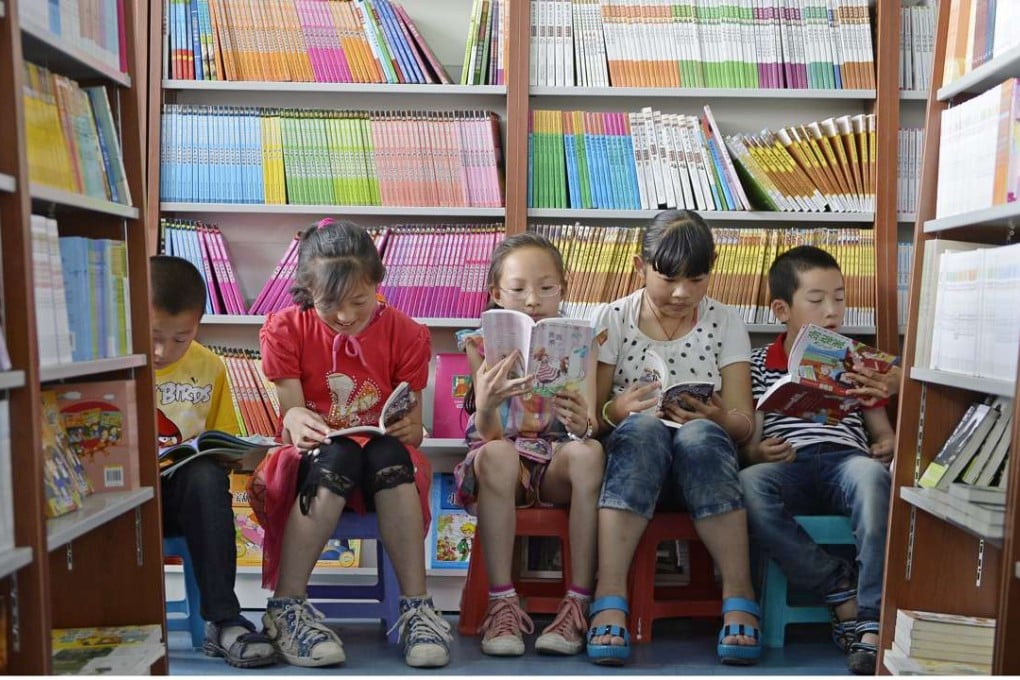Exclusive | What does China have against Peppa Pig?
Beijing introduces tough restrictions on foreign picture books for children

An order from Beijing will drastically cut the number of foreign picture books for children published in mainland China this year, four publishing sources told the South China Morning Post.
The order opens a new front in a broad campaign to reduce the influence of foreign ideas and enhance ideological control, applying restrictions to animal cartoons and fairy tales written for toddlers and older children that have few political implications. Chinese universities were previously ordered to limit the use of Western textbooks and promote communist dogma.
China’s state publishing administration had imposed a quota system, capping the number of foreign picture books that could be published on the mainland this year, an editor working at a state publishing house said. It had also urged mainland publishing houses to publish more mainland-written and -illustrated picture books, she said, requesting anonymity because the government order was not made public.
“[The government said] there had been a bit too much inflow of ideology [coming from foreign picture books],” the editor said. “It has deliberately decided to constrain imported books and protect those written by Chinese authors.”
Another source, who works for a private publishing firm, said it would not be able to publish any foreign picture books for children this year, adding there had previously been no quota requirements and little censorship pressure.